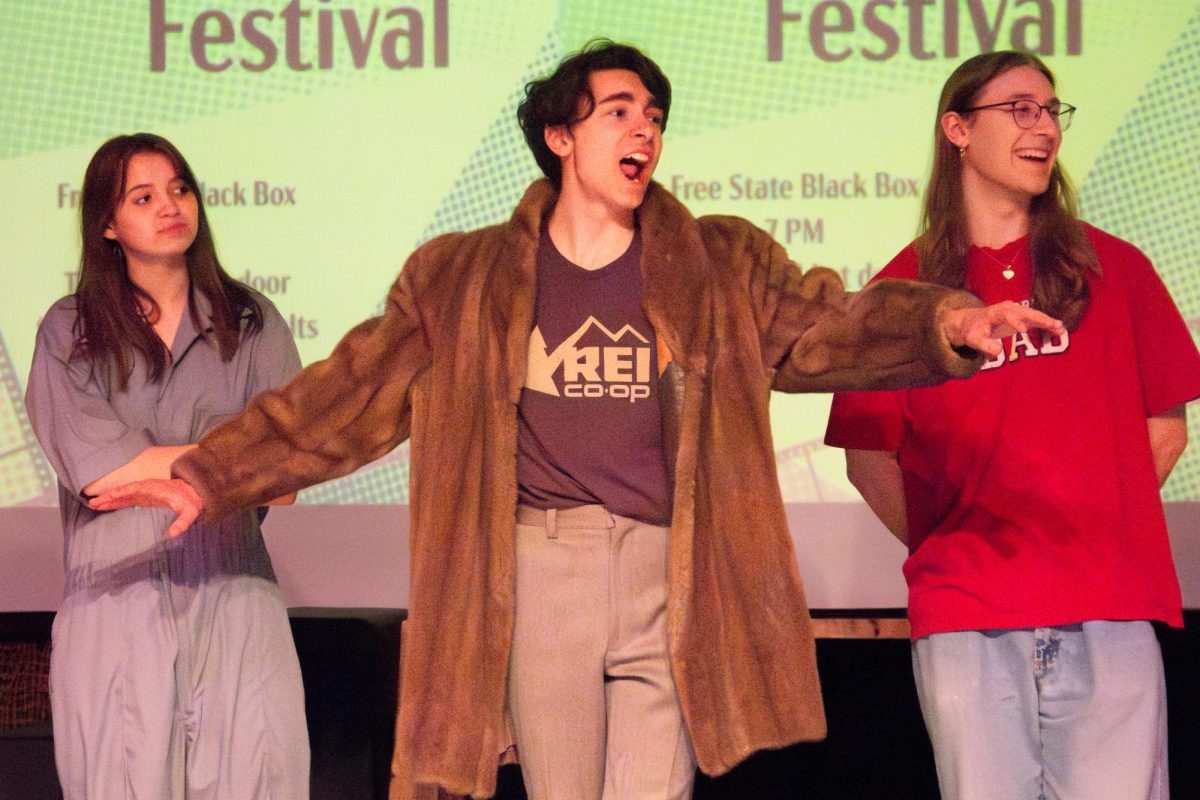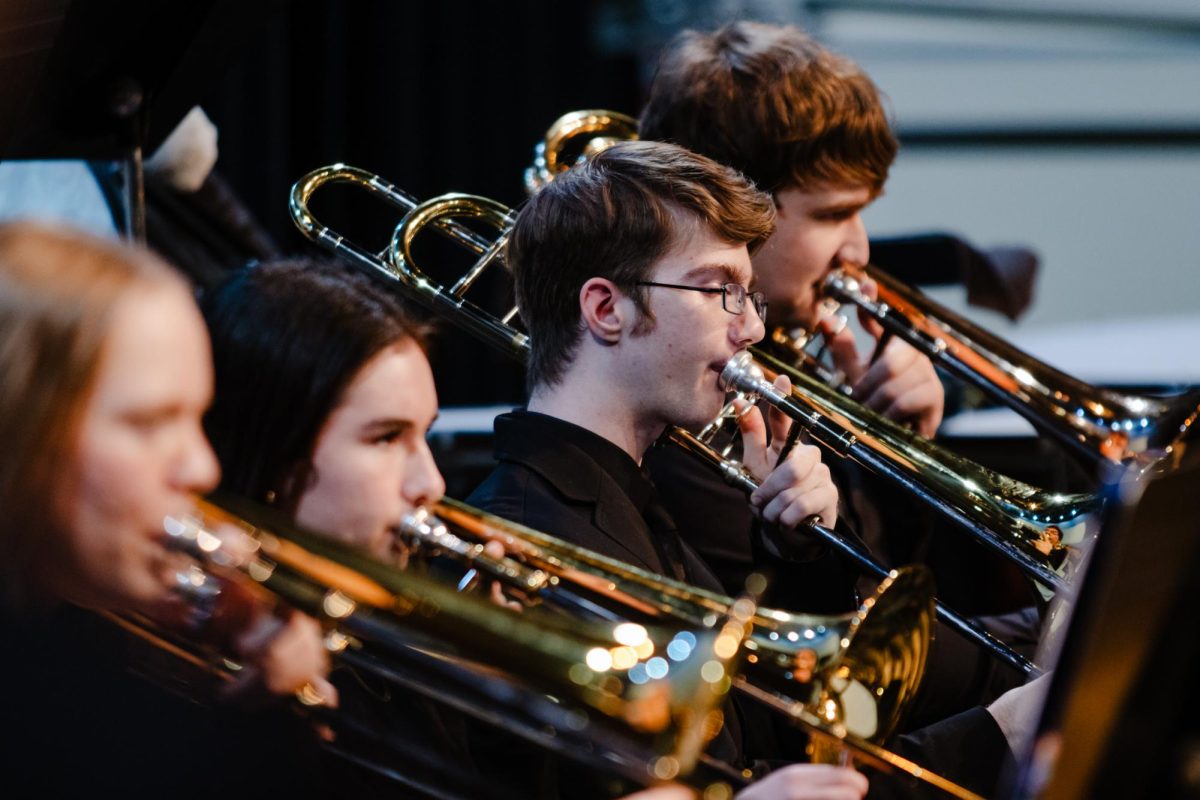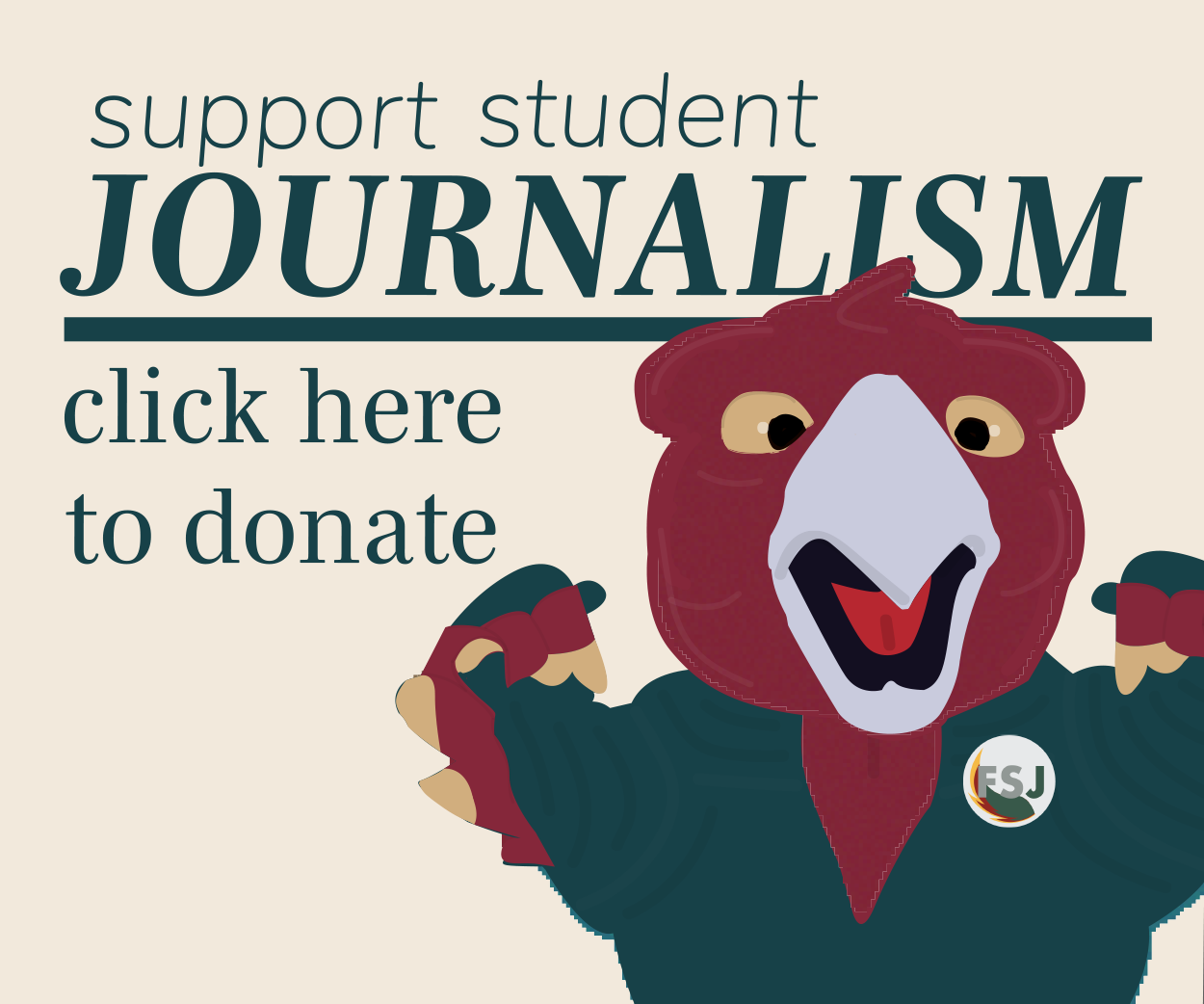@FSGrowUp: How Anonymous Accounts Are Harming Students

image credit to wearelife.wordpress.com
April 9, 2013
Many students seem to be under the impression that, “If you don’t have anything nice to say about someone, just say it anonymously on Twitter.”
So, this is where we’re headed. Hiding behind more layers of anonymity, masking our faces with digital eggs matted on colorful backgrounds or cut-out Firebirds, students trashing fellow students, some that you may even be civil with during the school day.
Over the past two days, several malicious–and I mean several–Free State-related Twitter accounts have emerged on the Twitterverse, including @FSLHSGOSSIP404, @NoF**ksFreddie, @LFSGossipGirl, @FSThoughts and @FSGossip2 (the two latter accounts have been suspended). In “Mean Girls’” “Burn Book” fashion, these accounts survive on the direct messages (DMs) of students; these DMs are then anonymously posted to the Twitter feed for all to see.
These anonymous gossip accounts are a win-win for two-out-of-three parties involved: the account creator learns who-thinks-what about certain students via the direct messages; the direct messager has their dirty gossip displayed for the student body to see. The party that loses? The victim of the malicious tweet, at the wrong end of a severe form of cyber-bullying that promotes others to weigh in via “liking” and “retweeting” the tweet.
As I am learning about social psychology in class right now, I couldn’t help but analyze the situation. These Twitter accounts thrive off the concepts of anonymity, public engagement and validation from other students. Because students aren’t forced to confront the “victims” of these messages, the tweets are often more brash, cruel and vindictive than any comment a student would say face-to-face, or even over text.
Students who participate in these gossip accounts are experiencing mob behavior, a form of social behavior that alters how individuals act, diffusing responsibility from one individual to that of the group, encouraging malicious behavior because individuals don’t personally feel at fault or to blame.
Basically, if these insults and gossip-laden comments weren’t posted anonymously for a potentially large audience, no one would be saying these things, or tweeting them. Few individuals would dare to tweet such disgusting things from their own accounts or say them in face-to-face conversation.
These accounts also bring up another issue: our generation’s habit of drifting away from face-to-face communication. At first, our after school conversations were replaced by streams of text messages, instant messaging and Facebook chat; now, we have wandered even further from “real” conversations into limiting ourselves to 140 characters, 10-second-max picture messages and, now, to complete anonymity through other’s Twitter accounts.
The majority of the things teenagers say on the Internet–be it on Twitter, Facebook, Instagram, Youtube, Reddit, SnapChat, etc.– would never be said in a face-to-face conversation. This isn’t always a bad thing: anonymity allows for the justice to be served–see the Steubenville rape case–and for creativity to flourish.
However, when teenagers revert to only using digital forms of communication to voice their opinions, a problem arises and language becomes more coarse; fellow students with feelings and thoughts become emotionless Twitter handles.
If every one of the anonymous direct messagers were forced to say their tweets to the victim, few would choose to, because now they must confront another person’s reactions, emotions and feelings. Despite what our Twitter feeds may say, we are actually all decent human beings who wouldn’t want to degrade or humiliate are fellow students, right? Right?
Despite the rapid creation of negative, gossipy Twitter accounts (we’ve found eight in total, seven of them created this week) there is a shining light peaking through the dark clouds of superficial, hurtful gossip.
Accounts like @FSHSGoodVibes have been created by students to promote compliments, good feelings and establishing Free State as a community of support rather than detrimental gossip. The account, also using anonymous DMs as tweets, features compliments about students’ sweet personalities and people’s “day-making” abilities. @FSHSGoodVibes counters the cynicism and hatred propelled by gossip accounts. The student-ran account has already been retweeted and supported by the Renaissance Committee, and is seeking to promote hashtags such as #LoveEveryFirebird.
Out of the seven Lawrence gossip accounts created in the past two days, three have already been suspended, meaning they are now inactive due to their inappropriateness on Twitter.
The reality is, that, within a week, we will probably not even care about these Twitter accounts, and hopefully some people will realize that there are always better things to do than make trashy Twitter accounts degrading other students.
Negative/Gossip Accounts:
@FSGossip2: Suspended
@LFSGossipGirl: Suspended
@FSThoughts: Suspended
@NoF**ksFreddie: Suspended
@FSLHSGOSSIP404: No tweets yet
@LHSTHOUGHTS1: Suspended
@LKGOSSIP101: Suspended
Neutral Accounts (As of Right Now):
@FSSecretAdmirer: Created April 5
Positive Accounts:
@FSHSGoodVibes: Created on April 8









Adam Fales • Apr 12, 2013 at 5:43 am
Great article, Sam. I think some of the other “mean” twitter accounts have been taken down.
SamB • Apr 12, 2013 at 11:54 am
Thanks, Adam. I really appreciate it and I’m glad that the rest of the gossip-y accounts are being taken down. I’ll update the story accordingly.
Adam Fales • Apr 26, 2013 at 5:50 am
Follow me on Twitter, where I’ll tweet good things about myself: @popekanye